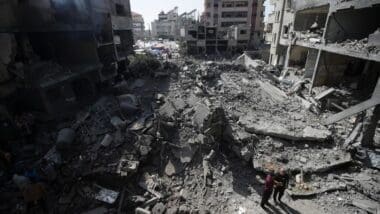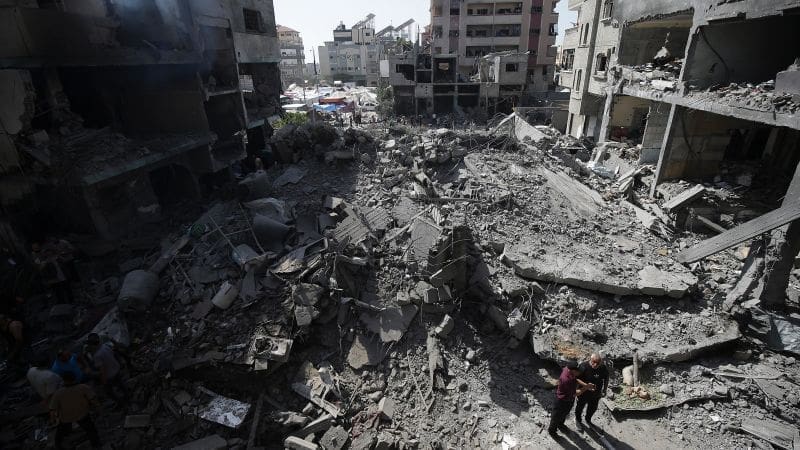In the midst of ongoing negotiations, Hamas has cautiously expressed optimism about the potential for a deal to address the Gaza ceasefire and prisoner exchange. This comes amid increasing diplomatic activity in the region, raising hopes that a resolution might be within reach.
Hamas has recently signaled a positive outlook regarding the ongoing negotiations for a ceasefire and prisoner exchange in Gaza. Despite persistent challenges, namely Israel’s introduction of new conditions, Hamas believes an agreement is achievable if these conditions are lifted. This sentiment is echoed by regional diplomatic efforts, which have been more active than usual.
Notable progress has been reported in the discussions, with involvement from key international figures including officials from the United States, Israel, Qatar, and Egypt. For instance, the CIA Director, Bill Burns, is scheduled to visit Qatar to further these talks. Despite optimism, a final agreement is still in the distance, potentially taking weeks according to Israeli sources.
The initial proposal, which was presented by the U.S. earlier in the year, included the staged withdrawal of Israeli forces from Gaza and the release of hostages in exchange for Palestinian prisoners. However, the presence of Israeli forces in strategic areas like the Philadelphi and Netzarim corridors continues to be a sticking point, as it had been in previous negotiations.
The United States is playing a supportive role, highlighted by National Security Adviser Jake Sullivan’s recent visits to the region. Although there is a hint of optimism, U.S. officials remain realistic about the challenges, emphasizing that while a deal seems closer than before, key disagreements still need resolution.
Ongoing hostilities, particularly around Kamal Adwan hospital in northern Gaza, present a grim backdrop to these diplomatic efforts. Recent Israeli strikes in the area have caused significant casualties and structural damage, severely impacting medical operations at the hospital. In spite of these challenges, international aid and health organizations, such as the World Health Organization, are striving to provide necessary humanitarian assistance.
Public opinion within Gaza is increasingly critical of Hamas, complicating the negotiating environment. Meanwhile, Israeli leadership, led by Prime Minister Benjamin Netanyahu, maintains a firm stance against relinquishing military control until Hamas is decisively defeated, adding another layer of complexity to the negotiations.
Despite the bleak humanitarian situation, efforts to reach a feasible agreement proceed. Stakeholders remain focused on overcoming the remaining obstacles to establish a long-term ceasefire and secure the release of hostages.
The path to a comprehensive agreement in Gaza remains fraught with challenges. While there is cautious optimism about the potential for resolution, significant hurdles must be overcome. Continued diplomatic engagement will be crucial in navigating these complexities and striving for a peace that addresses both immediate and long-term needs.













